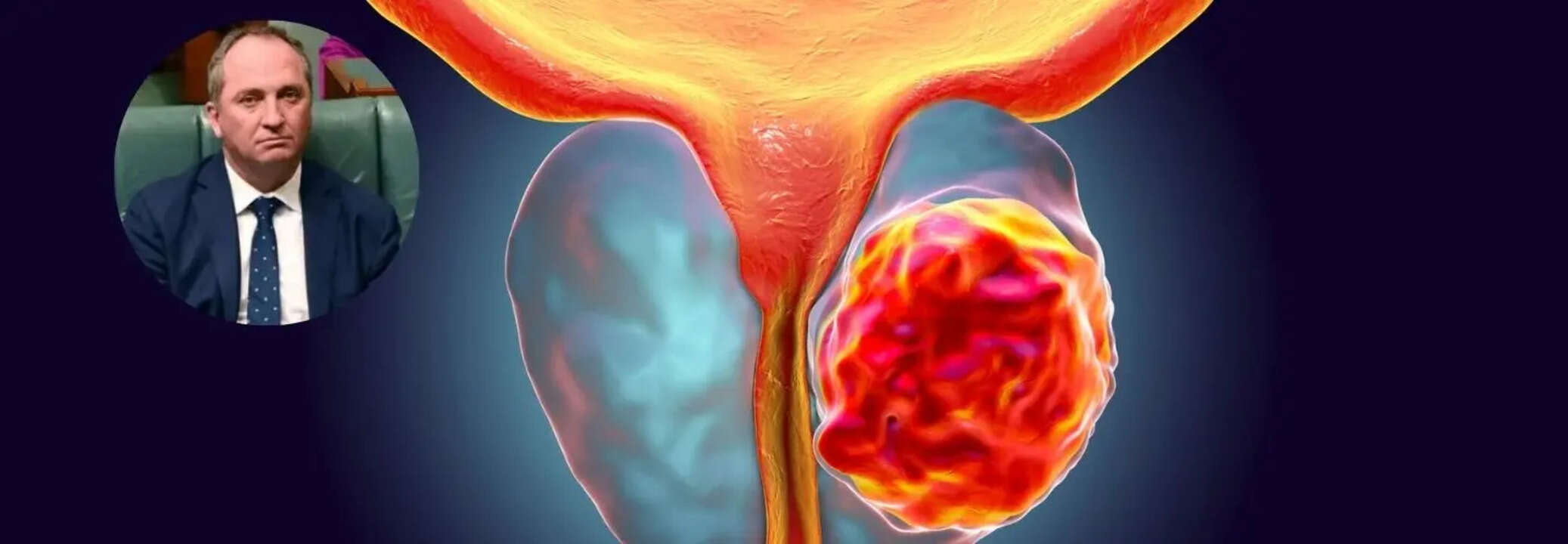Former Australian PM Barnaby Joyce Diagnosed With Prostate Cancer, To Undergo Surgery

Credit: Canva
SummaryProstate cancer is a type of cancer that occurs when malignant cells form in the prostate gland, which is a walnut-sized gland in the male reproductive system.
End of Article
